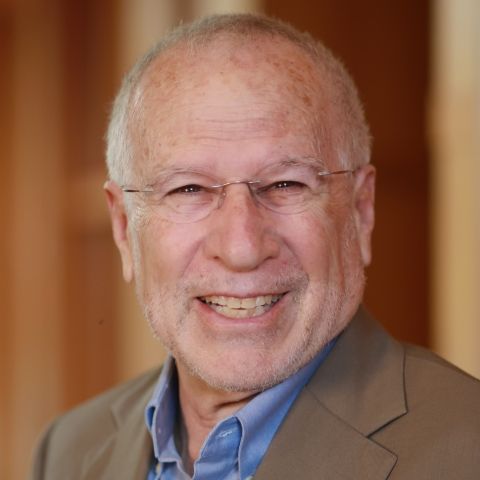
Several generations ago Alexander Meiklejohn asserted that among the virtues of a regime of freedom of speech was its connection with the obligation to obey the law. More specifically, Meiklejohn maintained not only that the right to voice disagreements with laws was a morally and politically necessary condition of compelling people to obey laws with which they disagreed, but seemed to imply as well that people would in fact be more inclined to obey those laws when they were given the opportunity to object than would be the case were their dissenting voices to be stifled by official action. The relationship between democratic legitimacy and freedom of speech has subsequently been the subject of analyses offered by Ronald Dworkin, by Robert Post, and, most recently, by James Weinstein in this Symposium and elsewhere. Weinstein in particular advances our understanding of the issue by drawing on the venerable distinction between normative legitimacy and descriptive (or sociological) legitimacy. Normative legitimacy is a process-based philosophical idea, and designates or describes those forms of governmental organization and governmental action that are right, or just, as matter of political philosophy. The idea is normative and not empirical, and a government or its actions are legitimate insofar as they are democratic, or egalitarian, or deliberative, or in some other way built on normatively desirable foundations. More specifically, normative legitimacy typically is taken as referring to the conditions permitting the political state to justifiably demand obedience from its citizens, and thus to impose its laws on those who refuse to obey.